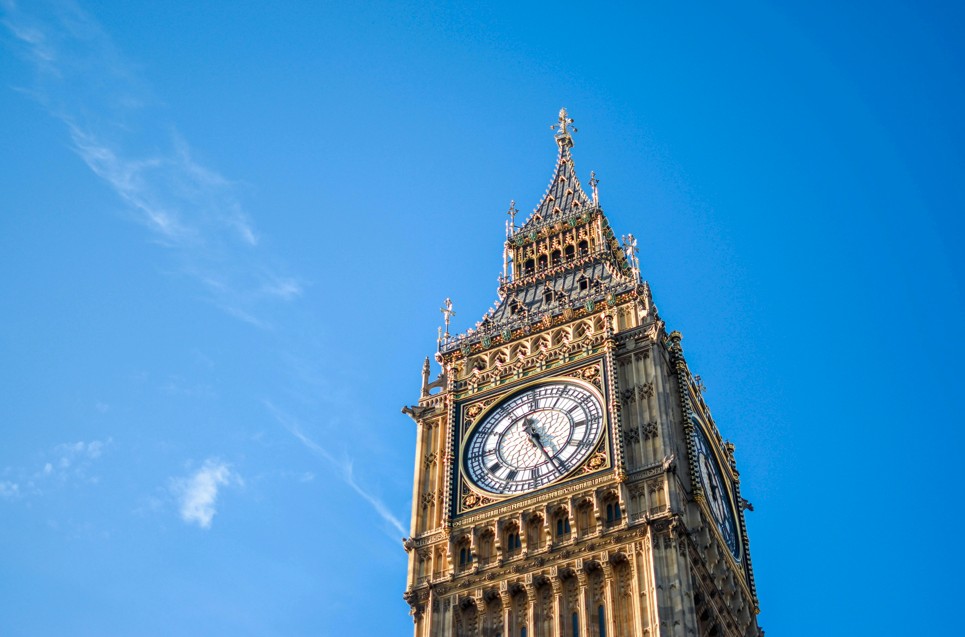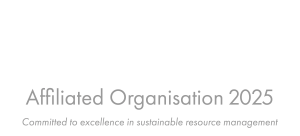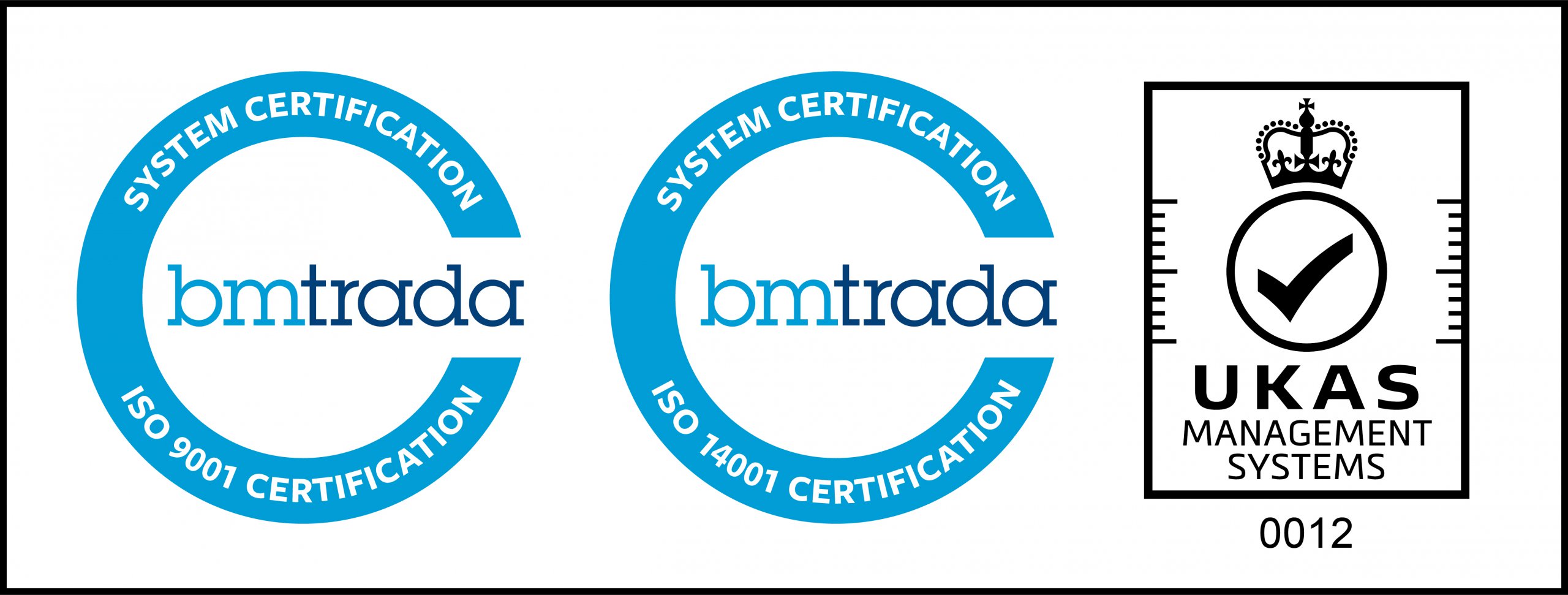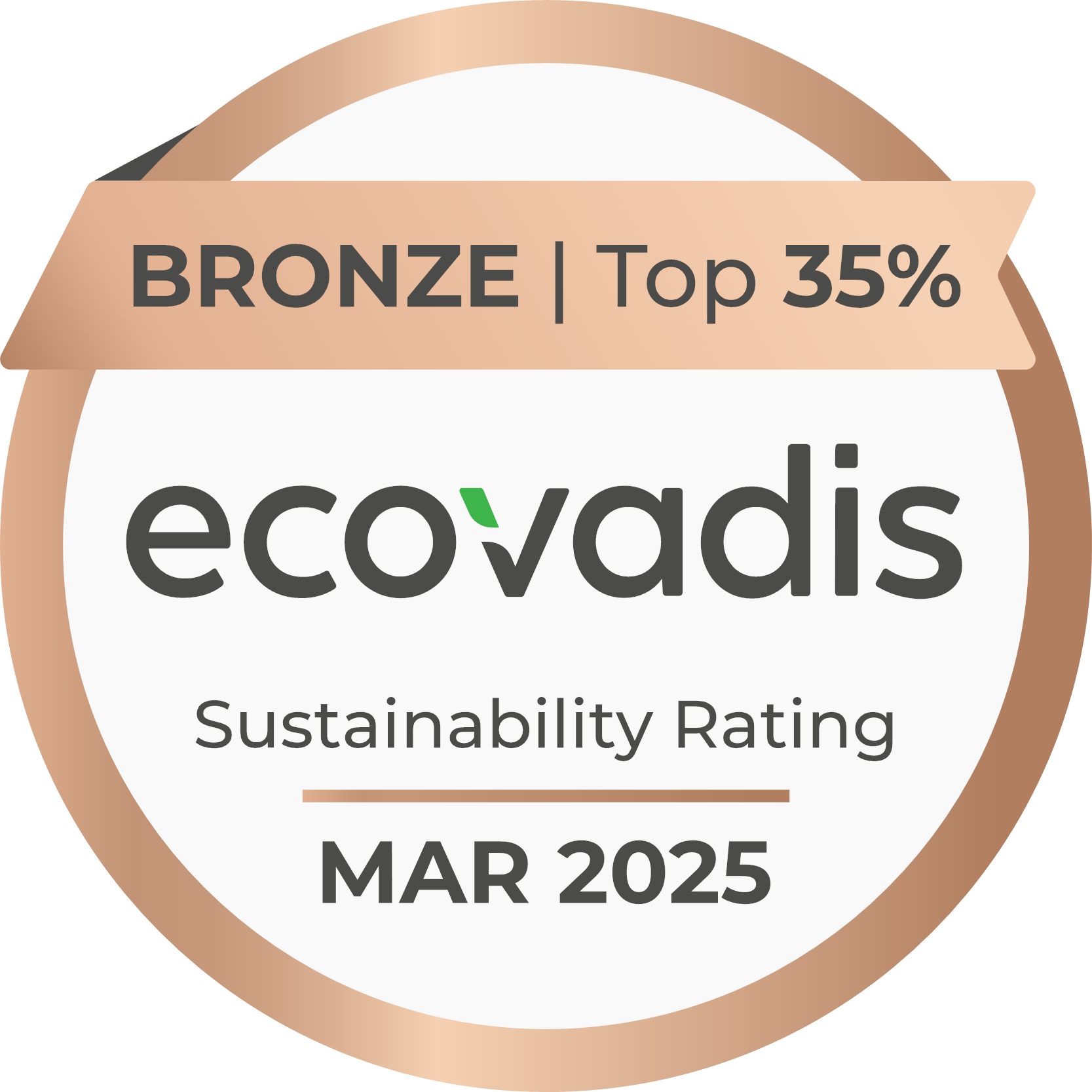The UK's Department for Environment, Food and Rural Affairs (Defra) has emphasised its unwavering stance on the implementation of the extended producer responsibility (EPR) scheme, stating that its position "has not changed" regarding the scheduled 2024 rollout. Despite growing speculation surrounding potential delays, Defra maintains that it intends to introduce EPR next year.
There remains however a possibility that aspects of the legislation could be pushed back, though Defra has insisted that data collection requirements remain valid so producers must continue to compile this.
EPR for packaging is set to commence in 2024, with producers diligently gathering data in preparation for future payments. However, recent weeks have witnessed mounting doubts about the feasibility of adhering to the designated timeline, leaving many resigned to the prospect of a delay. Producers have advocated for a deferment, citing the need for local authorities to adequately prepare for the additional material, while the government contends that EPR payments will contribute to funding consistent collections.
Amidst reports in national media that the Prime Minister held discussions with ministers about shelving EPR to mitigate consumer costs during the prevailing cost-of-living crisis, Defra remains resolute in its stance on EPR.
A spokesperson for Defra asserted, "Work is ongoing to deliver our Extended Producer Responsibility scheme, and we're continuing to engage closely with manufacturers, retailers, and packaging companies to design the scheme. We remain committed to collaborating with the industry to ensure that the schemes align with our environmental goals."
While the recent statement from Defra did not explicitly mention the 2024 deadline, a June statement confirmed that EPR would be phased in from that year.
Nonetheless, Defra affirms that its position regarding the 2024 date remains unchanged.
Any potential delay to EPR would require the government to publish a statutory instrument to amend the existing legislation that schedules EPR implementation for 2024. Speculation suggests that the decision to delay EPR lies with senior Whitehall ministers rather than within the purview of the department.
To ensure the system's readiness, substantial work lies ahead. While Defra remains committed to the 2024 timeline, the complexity of the new system, encompassing funding arrangements and collection methodology, could introduce delays. Additionally, the upcoming general election in 2024 may further impede progress should the new system not advance swiftly.
Despite these challenges, Defra's unyielding commitment to EPR underscores its determination to achieve environmental goals, engender better local council services, and ensure uniform recycling opportunities for all households across the UK.
With EPR reporting requirements this year, this new regulation is a daunting prospect for many businesses. With over two decades experience in producer compliance our team have the knowledge and skills to support you on your EPR journey. We’re trusted by over 1,000 members, including many household brands, helping them prepare for EPR. For more information and to understand exactly how we can help you contact us today.
View our previous article on Extended Producer Responsibility, 'Defra surveys street bins to calculate EPR costs [10/02/23]'

















